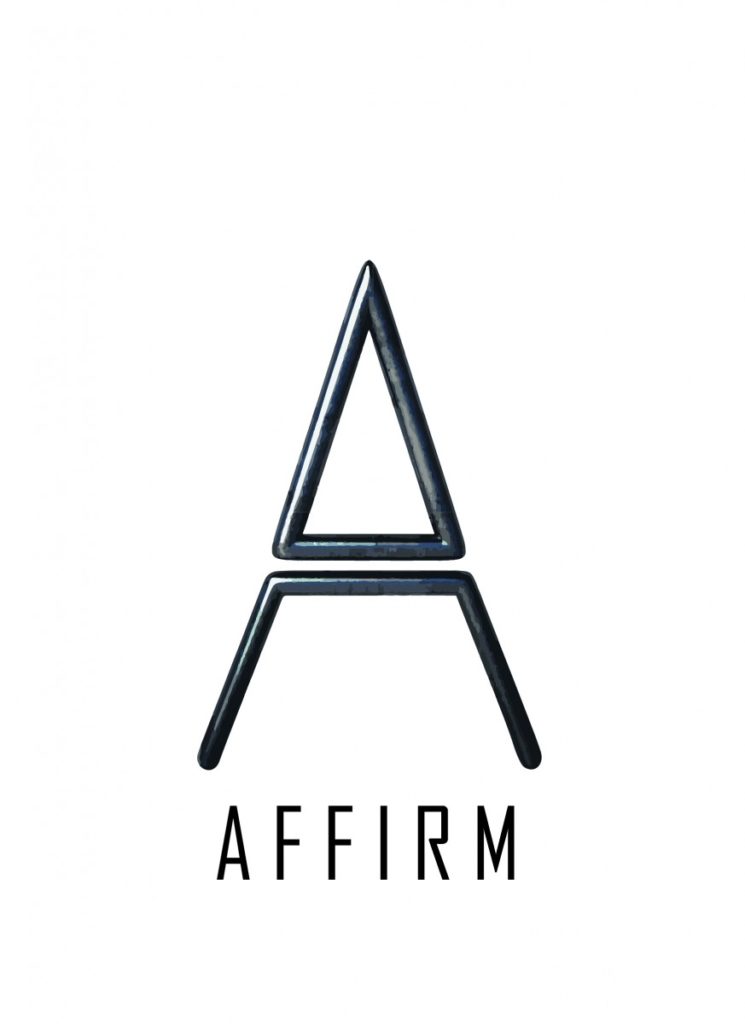When the Federal government delivered their 2023 Fall Economic statement, they proposal that certain deductions on short-term residential rentals would no longer be allowed. This is one way that the Federal Government is trying to create more housing for people living in Canada. The belief is that the short-term rental market is impacting the number of longer term rental units that are available and affordable for people living and working in Canada. In addition, we are seeing provincial and municipal proposals to levy hefty fines to try to encourage the conversion from short term rentals to long term rentals. As a result, we’ve noted that some of our clients are wanting to switch from short-term rentals to long-term rentals.
However, there are some significant implications from a GST/HST perspective. Unfortunately, GST/HST does get overlooked, since it isn’t an area of taxation that many of us deal with on a day to day basis. This is where it pays to be curious about potential consequences.
For short-term rentals, any income earned on short-term rentals are subject to GST/HST as it’s considered a commercial activity. This means that when you rent your property on a short-term basis, you are required to collect GST/HST on these stays. Those individuals that are utilizing platforms like Airbnb and VRBO to manage their rental properties, the GST/HST is usuallybeing collected and remitted on behalf of the property owners. (This assumes that the Taxpayer has exceeded the $30,000 small supplier threshold or has registered for GST voluntarily)
When you have a long-term residential rental unit, the income earned is exempt from GST/HST. “Long-term” is anything where the stay is more than 60 continuous days. You would think that this is a positive change. One less tax filing that you will have to do in the future. However, in switching from a short-term rental to a long-term rental arrangement, or any change in use greater than 10%, you have changed the nature of the property. Since you are no longer collecting GST/HST, due to the change in the type of income you are earning, you have changed the use of the property. And as a result, you have to “dispose” of the short-term rental property and then “acquire” the long-term rental property. At the time of the change in use, you are required to pay GST/HST on the Basic Tax Content of the property to the CRA. This also applies to long-term rental properties that become short-term rental properties. At the point in time that it is no longer a long-term rental property, GST/HST on the Basic Tax Content of the property needs to be remitted to the CRA.
There was a recent court case that confirmed the application of assessing 5% GST on the property when it changes use from a short-term residential property to a long-term residential property (1351231 Ontario Inc. and His Majesty the King, 2020-2180(GST)G). In this case, the taxpayer had a condo unit that was a long-term rental and then became a short-term rental and the taxpayer did not remit the GST/HST at the time of the change in use. The court ruled in favour of the Government and therefore, the taxpayer needed to pay the GST/HST plus interest and penalties.
NOTE: This is applicable to Residential Rental units. Commercial Rental Units have a different treatment for GST/HST.
